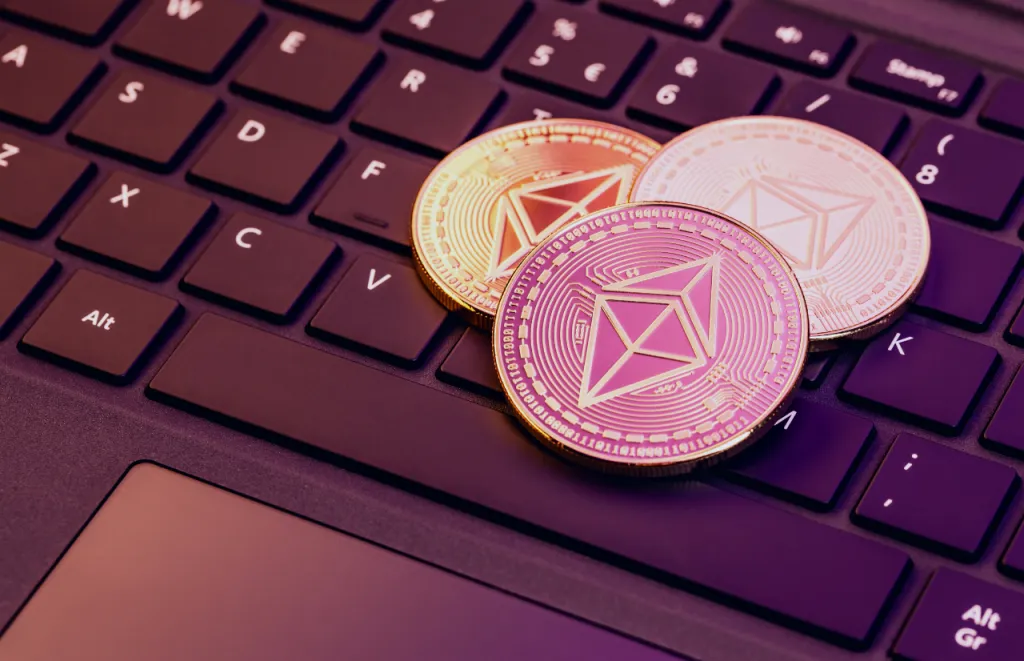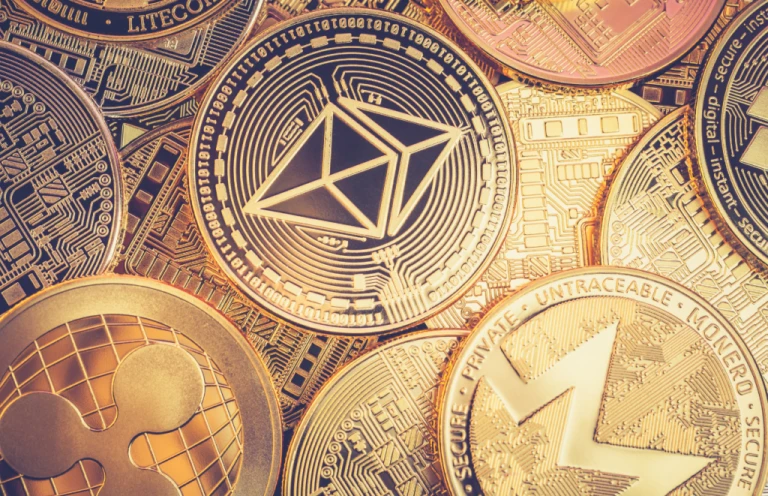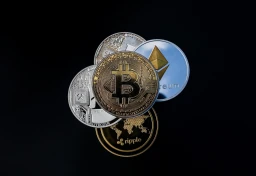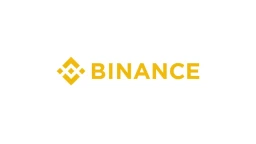What is Altcoin? How do they work?

If you’ve been involved in the cryptocurrency world for even a short period of time, you’ve probably heard the term “altcoin” thrown around. But what exactly is an altcoin? In this blog post, we’ll explore the definition of altcoins, as well as some of the most popular altcoins on the market today. So whether you’re a seasoned crypto investor or just getting started, this post will help you better understand what altcoins are and why they matter in the world of cryptocurrency.
Altcoin
An altcoin is any cryptocurrency that is not Bitcoin. The term “altcoin” is short for “alternative coin”. Altcoins are a subset of cryptocurrencies that are based on the blockchain technology of Bitcoin, but with slight modifications to its underlying code.
Investors often view altcoins as a way to hedge against the risks associated with investing in Bitcoin. For example, if Bitcoin’s price were to suddenly drop, investors might flock to altcoins as a safe haven.
However, it’s important to remember that altcoins are still very volatile and risky investments. Before investing in any cryptocurrency, be sure to do your research and understand the risks involved.
How do Altcoins work?
Altcoins work in a similar way to Bitcoin. They are decentralized and use blockchain technology to record transactions. Which enables secure peer-to-peer transactions However, each altcoin operates independently of the others, with its own set of rules and applications. Cryptocurrencies such as Bitcoin and Ethereum, for example, can be mined, whereas Ripple and Stellar cannot.
However, most altcoins operate in a similar manner. They are traded among investors, with transactions recorded via blockchain in a distributed ledger.
Type of Altcoins
Most altcoins can be classified into a few different categories, which can help prospective crypto investors gain a better understanding of the market. This is not an exhaustive list because categories and subtypes are constantly evolving. However, the following are some of the most common types of altcoins:
Digital currencies
The majority of the cryptocurrencies that investors are familiar with, including Bitcoin, are classified as digital currencies. They are exactly what they sound like: digital currency. They are generally used to conduct transactions and can be obtained as a form of payment, through trading on an exchange, or through mining (when applicable).
Tokens
Tokens, unlike cryptocurrency such as Bitcoin or Ethereum, which can be used on any platform, are tied to their parent platform. Tether and Golem, for example, are tokens that can only be used on the Ethereum platform.
A utility token provides some kind of service to its holders. BAT (Basic Attention Token) is an example of a utility token, designed specifically for use as a payment method on the Brave open-source browser.
Security Tokens – These altcoins are often launched in an initial coin offering (ICO). Security tokens resemble traditional stocks, and they provide a type of dividend like payout or ownership in a business.
Stablecoins
Stablecoins are designed to be stable; they are linked to an existing asset, such as the Euro or the US dollar. The logic is that by tying the asset to an existing one, the value should be stabilised and volatility reduced.
Consider Bitcoin: while its value has increased significantly in recent years, its price is highly volatile. Within a few years, coin values have risen from less than $6,000 to more than $60,000. Stablecoins are intended to reduce volatility and allow holders to sleep at night.

Where to buy altcoins?
They are available on Cryptocurrency exchanges. Exchanges are online platforms where you can buy and sell cryptocurrencies. The most popular exchanges for altcoins are Binance, Kraken, and Coinbase. To buy altcoins on an exchange, you first need to set up an account and deposit funds into it. Once your account is funded, you can start buying and selling altcoins.
Top 10 Altcoins of 2022
Here’s a look at the top 10 altcoins by market capitalization, excluding stablecoins.
- Ethereum – Market cap: $192 billion
- Binance Coin (BNB)- Market cap: $46 billion
- XRP (XRP)-Market cap: $23 billion
- Dogecoin (DOGE)- Market cap: $18 billion
- Cardano (ADA)-Market cap: $14 billion
- Solana (SOL)- Market cap: $12 billion
- Polkadot (DOT)-Market cap: $7.6 billion
- Polygon (MATIC)- Market cap: 7.3 billion
- Shiba Inu (SHIB)- Market cap: $ 6.9 billion
- Tron (TRX)- Market cap: $5.7 billion
For More information on Ethereum
The Bottomline
In the world of cryptocurrency, altcoins are all the rage. But what are they? They are simply alternative versions of Bitcoin. However, there are a few key differences between Bitcoin and altcoins. For one, they aim to improve upon the original Bitcoin design by offering new features or capabilities. Secondly, often created as a way to address specific needs or problems that exist in the cryptocurrency space. Lastly, they tend to be much more volatile than Bitcoin, meaning that their prices can fluctuate more dramatically.
Follow us on Instagram









